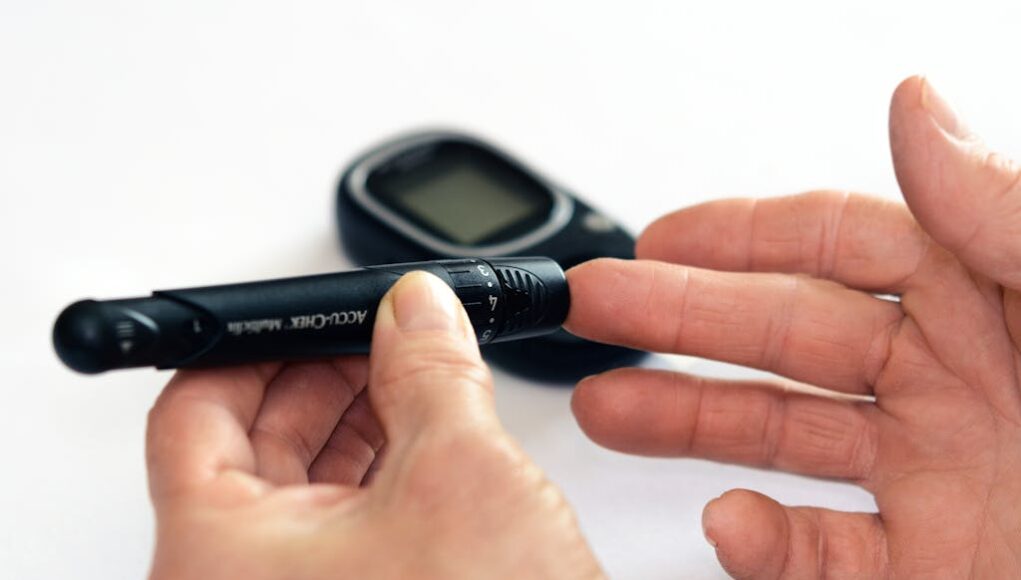Recognizing the early signs of diabetes is crucial for timely diagnosis and effective management of this chronic condition. Here are important symptoms to watch for that may indicate the onset of diabetes:
Frequent Urination
One of the most common early signs of diabetes is frequent urination, especially during the night. This occurs because elevated blood sugar levels cause the kidneys to work harder to filter and absorb excess sugar. As a result, you may experience an increased urge to urinate.
Increased Thirst
Excessive thirst, known as polydipsia, often accompanies frequent urination in diabetes. The body tries to flush out excess sugar through urine, leading to dehydration and triggering thirst.
Extreme Hunger
Despite eating regularly, individuals with diabetes may experience persistent hunger (polyphagia) due to the inability of cells to absorb glucose properly. This can result in feelings of weakness and fatigue.
Unexplained Weight Loss
Unintended weight loss without changes in diet or exercise habits can be a sign of diabetes, particularly in type 1 diabetes. When cells are deprived of glucose, the body begins to burn fat and muscle for energy, leading to weight loss.
Fatigue
Feeling unusually tired or fatigued is another early symptom of diabetes. High blood sugar levels disrupt the body’s ability to convert glucose into energy effectively, leaving you feeling exhausted even after adequate rest.
Blurry Vision
Elevated blood sugar levels can cause changes in fluid levels within the eyes, leading to blurred vision. If left untreated, diabetes-related vision problems can progress to more severe conditions such as diabetic retinopathy.
Slow Healing of Wounds
Diabetes can impair the body’s ability to heal wounds and injuries. High blood sugar levels restrict blood flow and weaken the immune system, making it harder for the body to fight infections and repair damaged tissues.
Tingling or Numbness
Nerve damage (neuropathy) caused by prolonged high blood sugar levels can lead to tingling, numbness, or pain in the hands, feet, or legs. This condition, known as diabetic neuropathy, requires prompt medical attention.
Recurrent Infections
Individuals with diabetes are more susceptible to infections, such as urinary tract infections (UTIs), skin infections, and yeast infections. High blood sugar levels provide an ideal environment for bacteria and fungi to thrive.
Irritability
Mood swings, irritability, or changes in behavior can occur as a result of fluctuating blood sugar levels affecting brain function. Maintaining stable blood sugar levels through proper management is essential for emotional well-being.







































